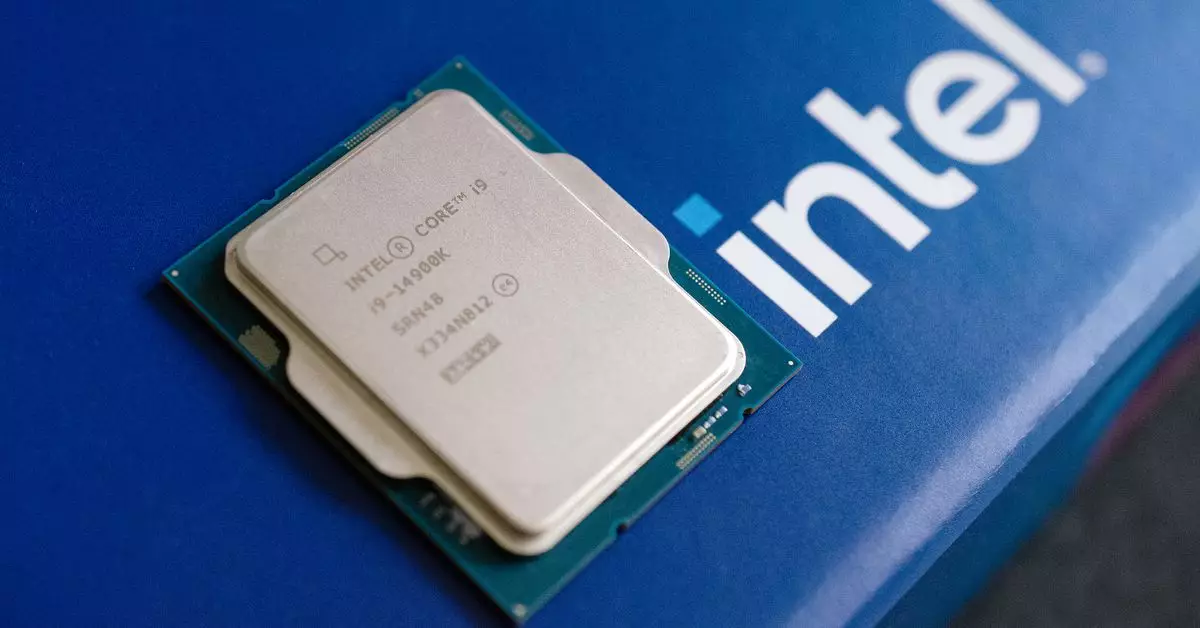The landscape of computing is intricately tied to the functionality and reliability of hardware, and recent developments from Intel highlight critical vulnerabilities in their Raptor Lake processors. These issues predominantly affect the 13th and 14th generations, where a couple of concerning problems have emerged: potential permanent damage to chips and operational instability. As technology advances, the intricacies of chip design often lead to unforeseen complications, as is the case with the microcode update Intel has just rolled out. It serves as a reminder of the fine balance engineers must strike between performance and reliability.
Intel’s announcement of microcode update 0x12B indicates the company is taking proactive measures to address the power management issues that contribute to these problems. At idle or during light computational tasks, the Raptor Lake processors have been reported to draw excessive power, which can cause accelerated wear and tear, potentially leading to a crash. Despite being a foundational step towards resolution, these updates are not a panacea. They will require time for motherboard manufacturers to validate and implement BIOS updates, which poses a risk for users who might still be using affected devices without immediate access to fixes.
In the wake of these issues, early adopters and technology enthusiasts are urged not to delay in installing prior updates, which already address issues stemming from power management. The cumulative effect of microcode updates is significant, encapsulating not just a singular fix but a series of improvements aimed at ensuring greater stability. The importance of proactive maintenance cannot be understated, especially for users who depend on their PCs for both work and leisure. Maintaining detailed awareness of available updates and applying them timely can lead to substantial long-term benefits.
For users already experiencing crashes, Intel’s recommendations are clear—skip the BIOS updates and instead pursue a warranty claim with Intel or your PC supplier. This guidance underscores the severity of the problem. For those affected, the reality of a malfunctioning processor often means downtime, which can be particularly disruptive in a tech-dependent society. In cases of failure, leveraging warranty options is crucial to mitigate loss.
While Intel asserts that Raptor Lake laptop processors are not affected, the company’s lack of transparency regarding the scale of the problem and the volume of affected chips is concerning. Users and experts alike are left in the dark regarding the potential scope of this crisis, reflecting the need for improved communication from manufacturers when product failures occur. Continued inquiry into these matters is essential, not just for business integrity but for customer confidence.
While Intel’s microcode update marks a step toward addressing critical issues with the Raptor Lake processors, both users and manufacturers must remain vigilant. The coalition of timely updates, reporting, and robust communication will ultimately define the resilience of computing technology in the face of ongoing challenges.


Leave a Reply